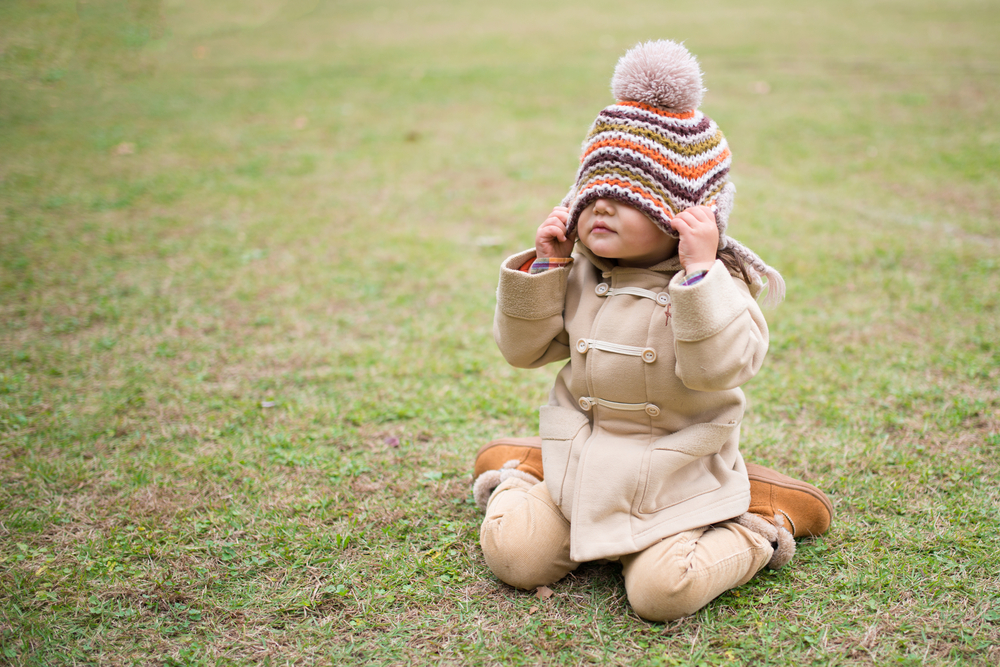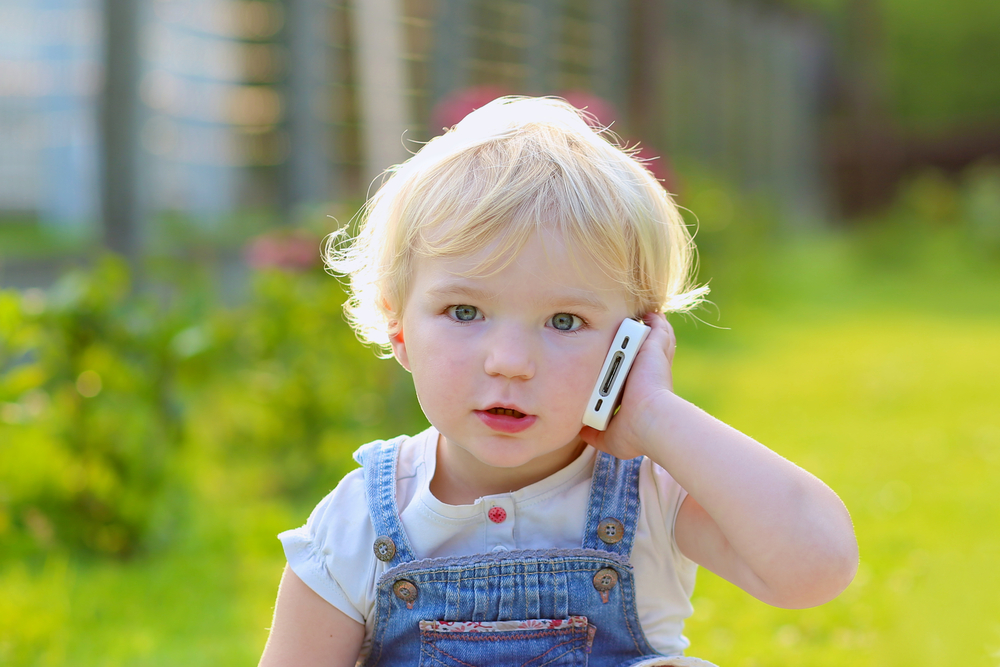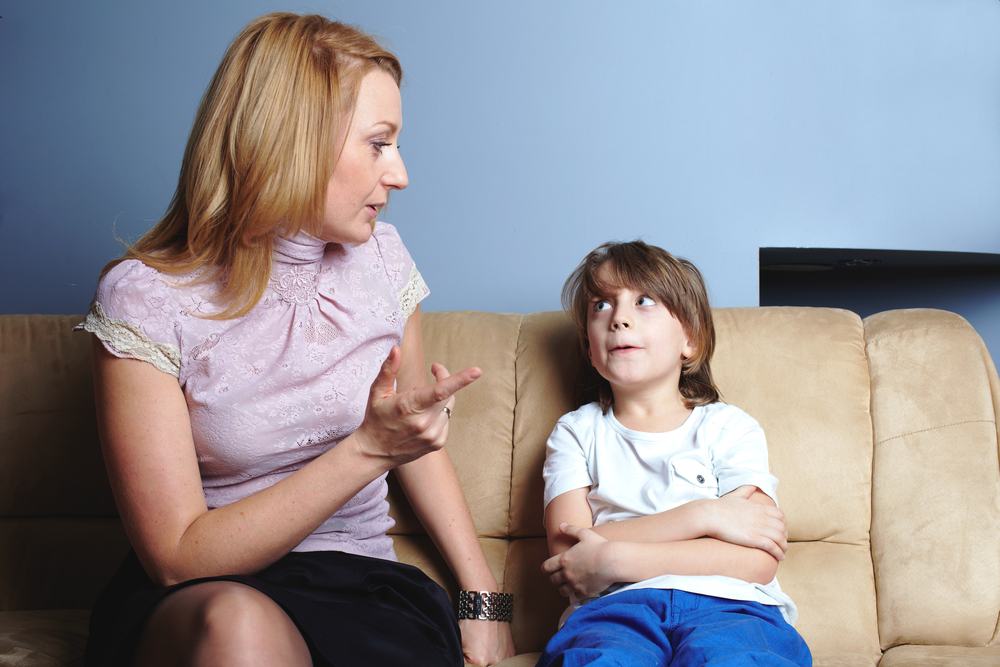All children lie sometimes, and that is the normal part of their childhood. However, the way parents deal with it can determine whether the fibs fade or become a big problem.
We are all familiar with the story about Pinocchio – whenever he lies, his nose grows. I’m sure many parents have used this and other similar tales to discourage their children from lying and help them tell the truth. However, the way you as parents deal with lying can determine whether the fibs fade, or become a big problem.
Why Children Lie?
Let’s have a look at different reasons why children tell lies:
- Very young children (2-3 year-olds) do not understand the difference between what is the truth and what is not. Therefore, preschoolers’ lies often stem from innocent fantasy rather than deliberate deception. Moreover, children at this age are frequently engaged in wishful thinking.
- Children often lie in an attempt to hide something they know they have done wrong in order to avoid the shame of disapproval and the negative consequences they think adults will impose, such as punishment.
- Children with low self-esteem may tell tall tales to impress others and appear cooler than they really are. Similarly, children who are feeling insecure may invent scenarios to try to get adults’ attention and interest.
No matter what the reasons for evading the truth are, the habit of telling lies can harm personality. Telling lies is an expression of being afraid „” afraid of what others will think, afraid of what will be found out about us, afraid of facing the reality. Every time we tell a lie, the thing that we fear grows stronger till it gains control over us.
When children lie about various aspects of their lives and pretend to be what they are not, they are actually exhibiting inferiority complex and want to appear to be something they are not. In addition, telling lies shows a weakness of character. When a kid hides the truth, he is being cowardly, not willing to take the responsibility and blame for his actions.
Signs that Your Child Is Lying
- Young children who are lying often avoid eye contact.
- Touching parts of the face, whether scratching an ear or touching the nose or head, may be the signs your child isn’t telling the truth. Similarly, licking or biting the lips is another clue.
- A lying child will often overreact to your accusations.
- Long pauses, hesitation, or speaking in a lower voice are additional clues that a child is not telling the truth.
- Another clue that your child is feeling uncomfortable because he/she is not telling you the truth is when they wring their hands or squirm while telling their story.
You shouldn’t wait until you catch your child lying to start discussing with him the importance of truth and consequences of being dishonest. Fortunately, just because your child is a frequent fibber doesn’t mean he will grow up to be a big liar. However, you do need to nip this bad habit before it becomes firmly established. Freaking out and screaming at your kid or punishing him won’t discourage him. On the contrary, he may simply become a better liar to avoid getting caught the next time. Once you’ve identified potential reasons for your child’s lying, encourage them to talk about their worries by calmly raising the issue in a supportive and warm manner.
How to Help Your Child Tell the Truth
- Be a good role model. Kids learn to be honest from you. Think about the message you’re sending the next time you make up an excuse to stay home from work or cancel plans with your in-laws. Even the best-intentioned lie can easily boomerang.
- Never call your child a liar. Negative labels such as this can destroy self-esteem and lead to self-confirming behaviour. Similarly, it is not helpful to mention the situations when your child lied to you in the past.
- Try to understand why your child is finding it hard to be honest. It’s important to think about why your child feels he needs to lie. Perhaps your child lies about the marks he gets at school because he is feeling overly pressured to achieve. Or if your child repeatedly lies about their actions to avoid discipline, perhaps the consequences you are using are so severe that your child is too afraid to tell the truth. Remember that consequences are about teaching a child, not inflicting distress.
- Teach your child about why lying doesn’t work. Teach your child about the importance of telling the truth and how lying can stop people believing them even when they are being honest. Read books with your child that give a clear message that lying is not helpful. After reading the stories talk to your child about what he has learned. This should be relaxed and fun, not a morality lecture.
- Respond with clear consequences. By around the age of six, children are able to know the difference between truth and lies. So if they lie to try to cover up something they’ve done, it may be helpful to talk to them about consequences, both for the lying and for the behaviour they are attempting to conceal. Make it clear to your child that honesty will always get your approval and that will mean that they will get off more lightly.
- Praise honesty. Always be encouraging and positive whenever your child tells the truth and praise them for being honest. Teach them that telling truth is always a better option than lying, no matter how bad the truth may seem.
[divider]
How do you handle your child’s lying? How do you teach them to be honest and tell the truth? Share with us your tips and ideas.





























